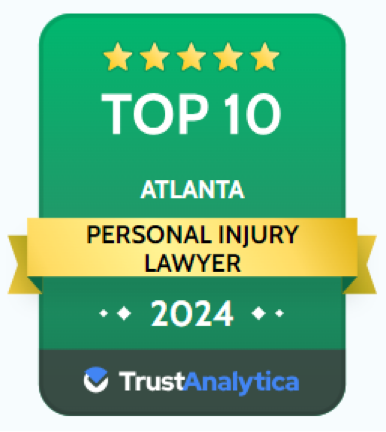All information provided about the law is very general in nature and should not be relied upon as legal advice. Every situation is different and should be analyzed by a lawyer who can provide individualized advice based on the facts involved in your unique situation, and a consideration of all of the nuances of the statutes and case law that apply at the time.
What is a negligent security lawsuit?
A negligent security claim refers to an injury that occurs as a result of a premises with improper or insufficient security measures in place. Negligent security claims fall under the more general label of premises liability.
When a person is physically assaulted on the property of a restaurant, nightclub or apartment, or other premises, the assailant could be held both criminally and civilly liable for personal injuries caused by the attack. A criminal attack such as battery or sexual assault might provide the basis for a personal injury lawsuit against the attacker, which might result in a broad range of damages, such as medical expenses, lost wages, pain and suffering, loss of consortium, impaired quality of life, vehicle damage and/or other forms of compensatory damages.
An individual who commits in a violent criminal attack could also be liable for punitive damages, which are intended to punish and discourage especially egregious conduct. However, often in these instances the attacker does not have the financial assets needed to compensate the victim, and even if the attacker has insurance, many companies will deny claims for criminal acts. In these cases, the property or business owner whose unsafe premises contributed to the attack may be the only viable defendant with insurance coverage.
Lawsuits against a business for providing inadequate security must be based on specific types of evidence. In Yearwood v. Club Miami, Inc, the Georgia Court of Appeals provides an overview of the types of evidence that must be used to prove a negligent security claim under Georgia law. The court granted summary judgment for the defendant after the plaintiff failed to present any evidence regarding the sufficiency of the defendant’s voluntary security measures. Additionally, the plaintiff failed to provide any evidence regarding prior criminal acts on the premises or in the general vicinity of the club.
The Yearwood case indicated that lawsuits alleging inadequate security in parking lots, stores, gyms and the common areas of apartment complexes require the plaintiff to establish negligence by the business or property owner. Evidence establishing negligent conduct in this context involves demonstrating that prior crimes on the premises or vicinity established a need for reasonable security measures and that any security measures adopted by the defendant were inadequate. Successful negligent security claims generally require an investigation to uncover past relevant criminal activity and use of a security expert to explain why the measures taken were not sufficient.
How useful is this for you?
Would you like to speak with an attorney?
Call NowWe Win More than Settlements.
We win the peace-of-mind you need to get your life back.
At Montlick, we believe comprehensive legal representation is a right, not a privilege. That’s why we provide our services on a contingency fee basis. You only pay when we win.








